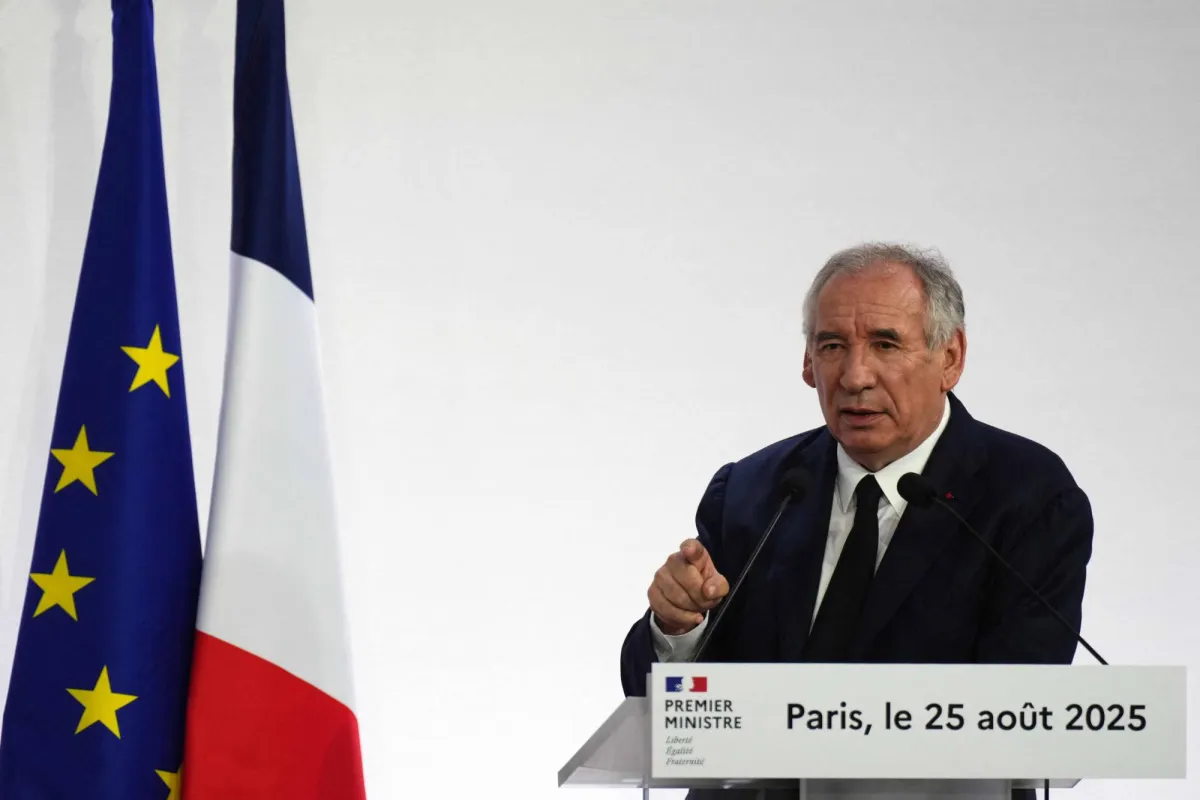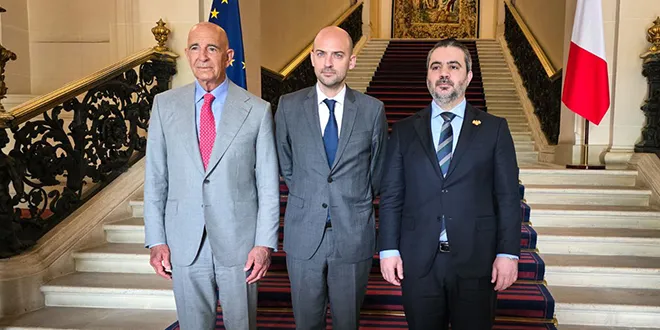A sad and heavy day on the Lebanese who gathered in thousands in front of Khoury Hospital since the morning, to take a look at the farewell to Ziyad Rahbani’s coffin. They waited for him, carrying signs, which are drawn, with words taken from his songs: “Without nothing … I love you”, and “for the first time, they are not together.” As soon as the black car that carried the body appeared, the tears were poured into, the flowers and rice pills were scattered, and the throats shouted: “Ziad, Ziyad, Ziyad.” The voices sang the famous praise: “Jay with the poor people, Jay, who is known to my land for Maine, who is uncle, with my death in my country, the land of my hungry.”
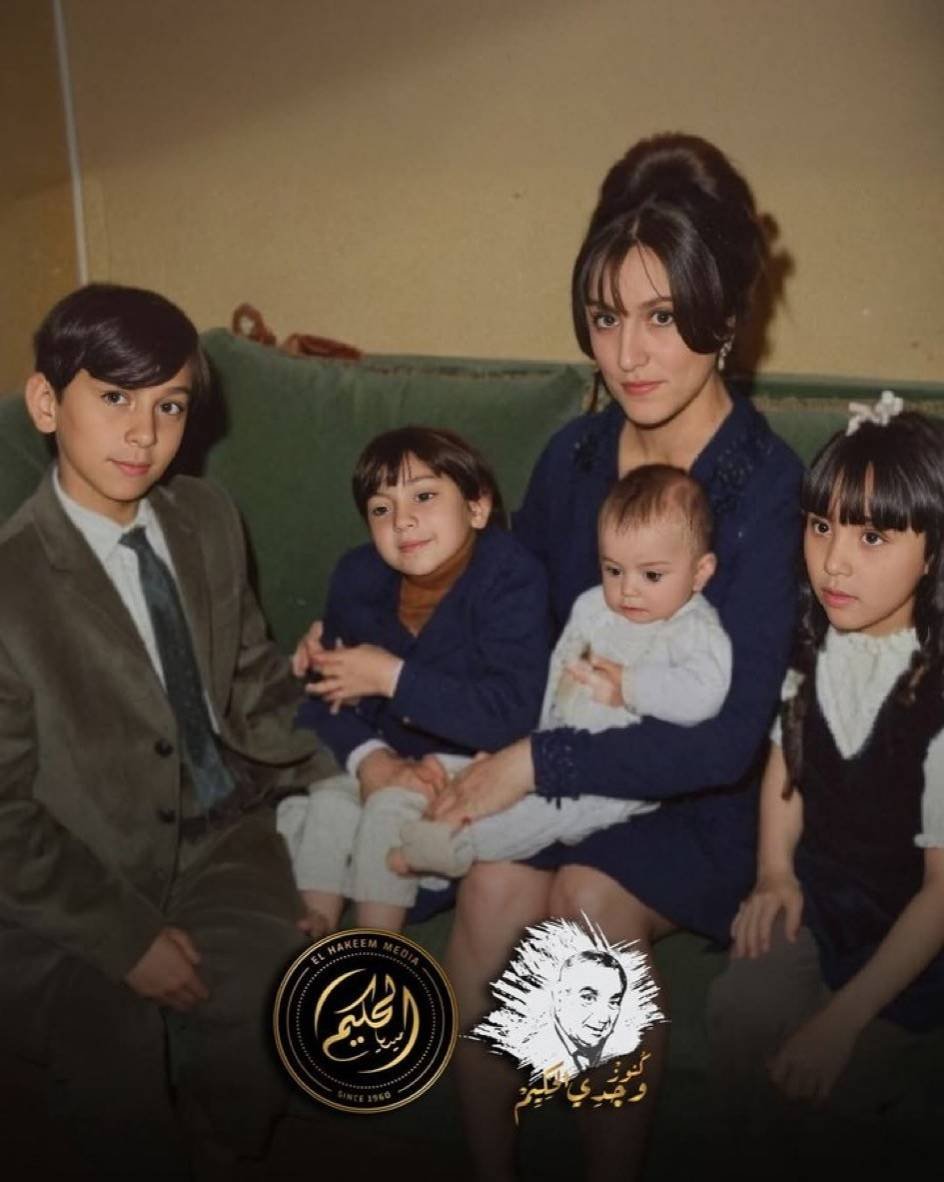
The poor people, this time, was lining up on the roads, waiting for the procession to pass through the streets of the Hamra area, which Ziad inhabited and loved, and sat in its cafes. Then the body toured Antlias, where it was the family home. Throughout the tour, the loved ones were lining up in his reception while they were crying, applauding, and broadcasting the songs of Ziyad, all the way to the “Church of the Lady of the Lady of the Hadith” in Bakfiya, Al -Matn, to hold prayers and receive condolences.
Shortly after the arrival of Naash Ziyad, his mother, Fayrouz, arrived with her daughter, Rima Rahbani, in a car driven by the Vice -President of the House of Representatives Elias Bouasab, and accompanied by his wife, artist Julia Boutros.
This is a look of the big lady Fayrouz that will not be forgotten: with a black cover on the head, black glasses, and a sad face. No one would have hoped that the first look of Fayrouz was the beloved of all people, after an absence, on an occasion on this amount of tragic.
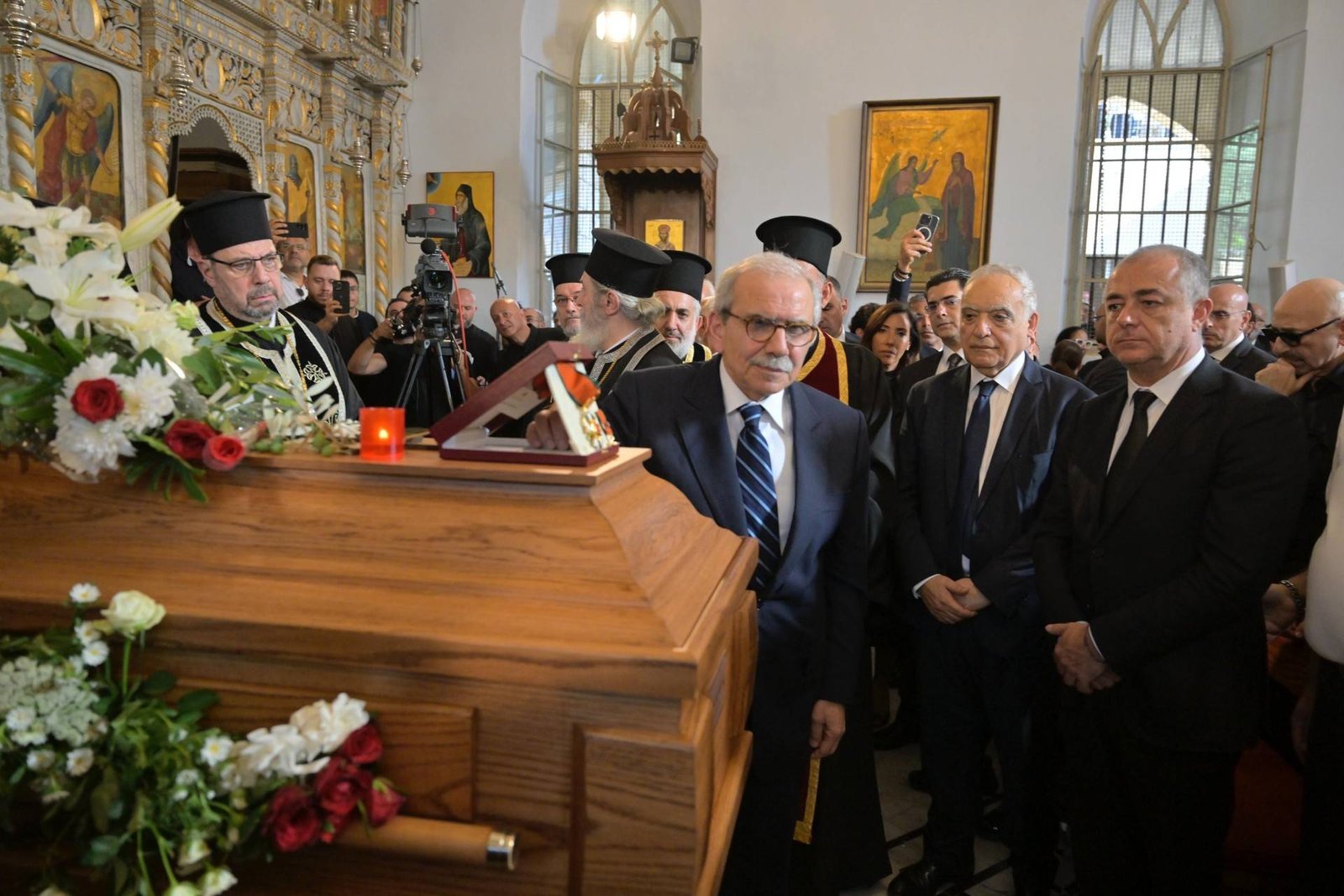
Fayrouz, the bereaved mother, chose to enter the church to be next to the coffin and her daughter, without cameras. A few intimate moments, before returning and joining the Rahbani family in a hall that accepts condolences.
A large group of comforters, from various political spectrums: musicians, singers, representatives, poets, media. The first lady Nemat Aoun waited for the arrival of Fayrouz, and was the first of the comforters. Before everyone, the actress Carmen Labbis, Ziad’s girlfriend, who lived in her 15 years, has a great love, as well as his aunt Hoda Haddad.
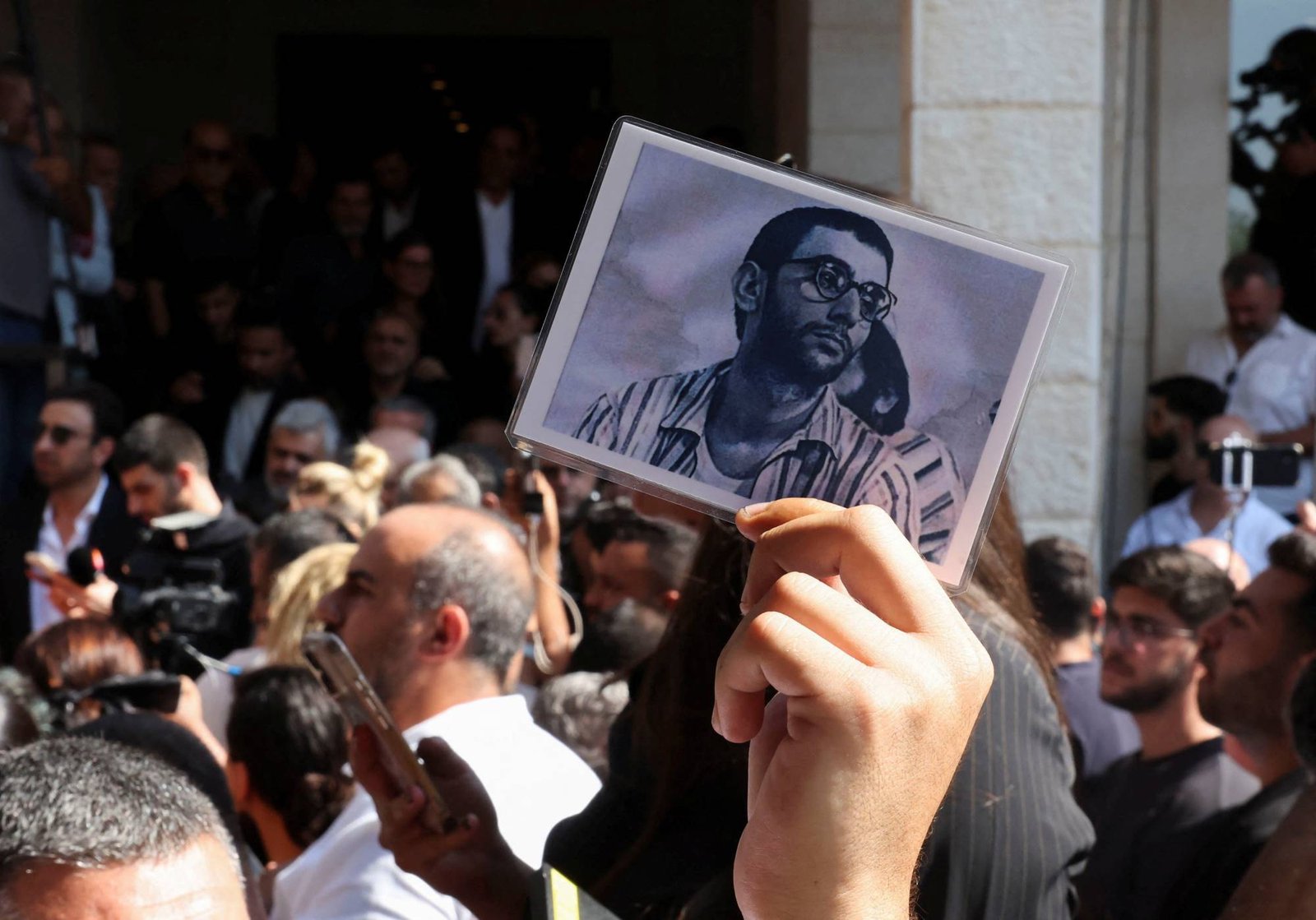
The Speaker of the House of Representatives, Nawaf Salam and his wife, Sahar Baariri, the Minister of Culture Ghassan Salama, the former President of the Republic, Amin Gemayel and his wife Joyce, as well as the wife of the Speaker of Parliament Randa Berri, as well as Elie Saab and his two sons, and Majda Al -Roumi, who fell on her knees in front of Fayrouz, Ragheb Alama, Heba Touji, and many artists.
Madonna said that for her a childhood friend, Ziad was a child, and that they were recently preparing to present an exhibition play, but the main obstacle is always for Ziad is production. Thus, the play was not long, and the play was not presented. Any loss?! Where is the play now?
In this church in particular, where Ziad Rahbani was attributed to a corpse, which was performed 41 years ago in 1974, his play “Sahriya” in the outdoor arena. Any coincidence that the day of July 28 is the day of presenting the play and the day of its burial as well?
He played his play here, for the people of the area that was the resort of Beit Al -Rahbani, and among them the young Ziad, who was associated with a strong relationship with the residents.
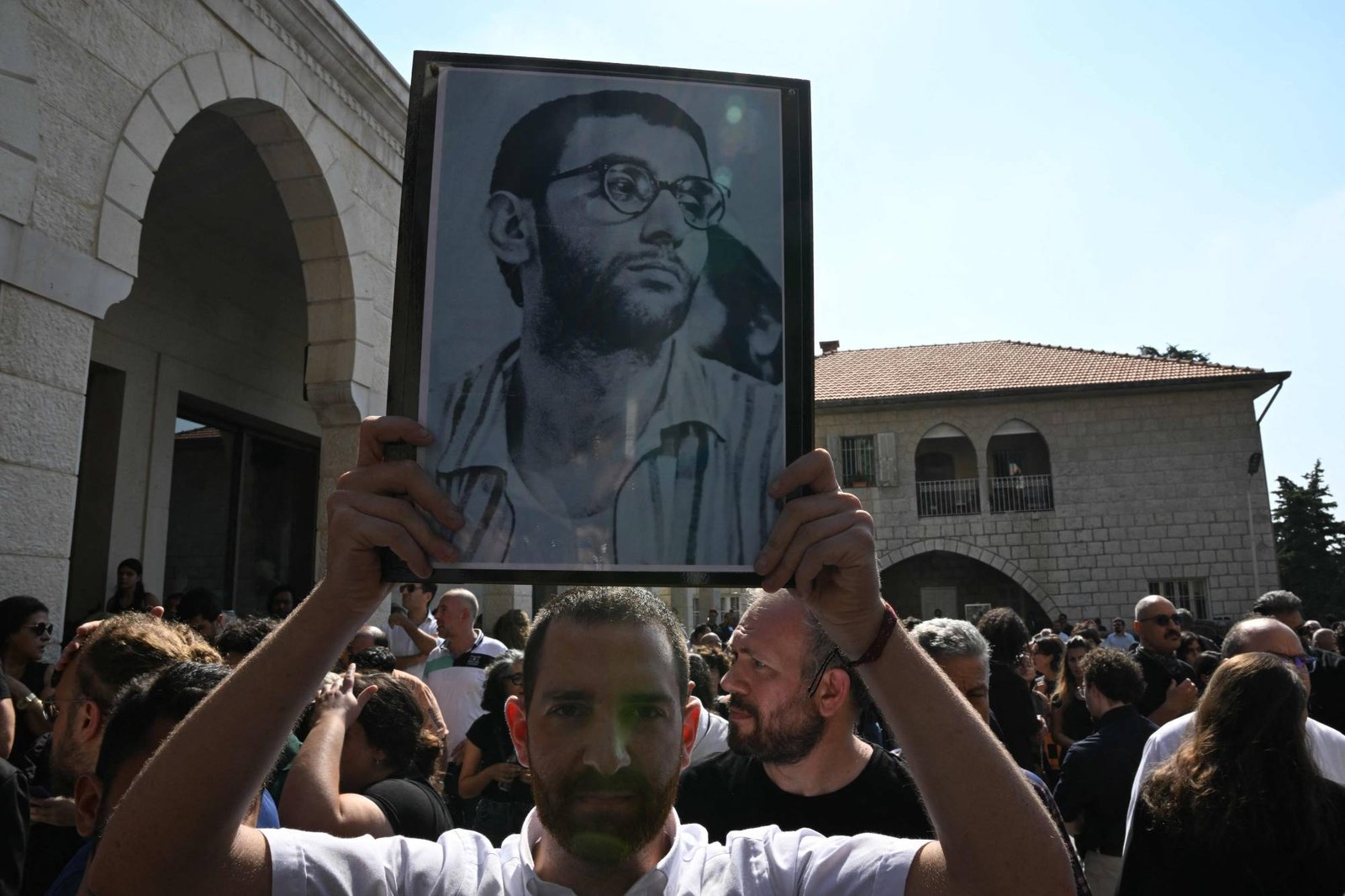
Al -Mu’tazen flocked, and the most influential was the arrival of the poet Talal Haider, who seemed tired, accompanied by the artist Marcel Khalife; My companion, path, poetry, songs, melody and theater.
Talal Haider cried, he was frustrated in front of the coffin, and waved with his hand. All of Lebanon bids a complete era in the absence of Ziad. There are those who say that the world has darkened, and he went to the professional speaking of people, and revealing what they were not good at expressing themselves.
With the start of the prayer, Fayrouz advanced the rows, and sat in front of the coffin with her daughter Rima. Prime Minister Nawaf Salam said that he stands revered in front of the sad mother, family and friends, and that Lebanon is all partner in this sadness. He described the late as “the cry of our sincere generation committed to the issues of man and the homeland,” and that “he said what many did not dare to say.”
He also announced that the President of the Republic, Joseph Aoun, granted Ziad Al -Rahbani, the National Cedar Medal from the rank of Komundor, and was honored to hand him over to the family.
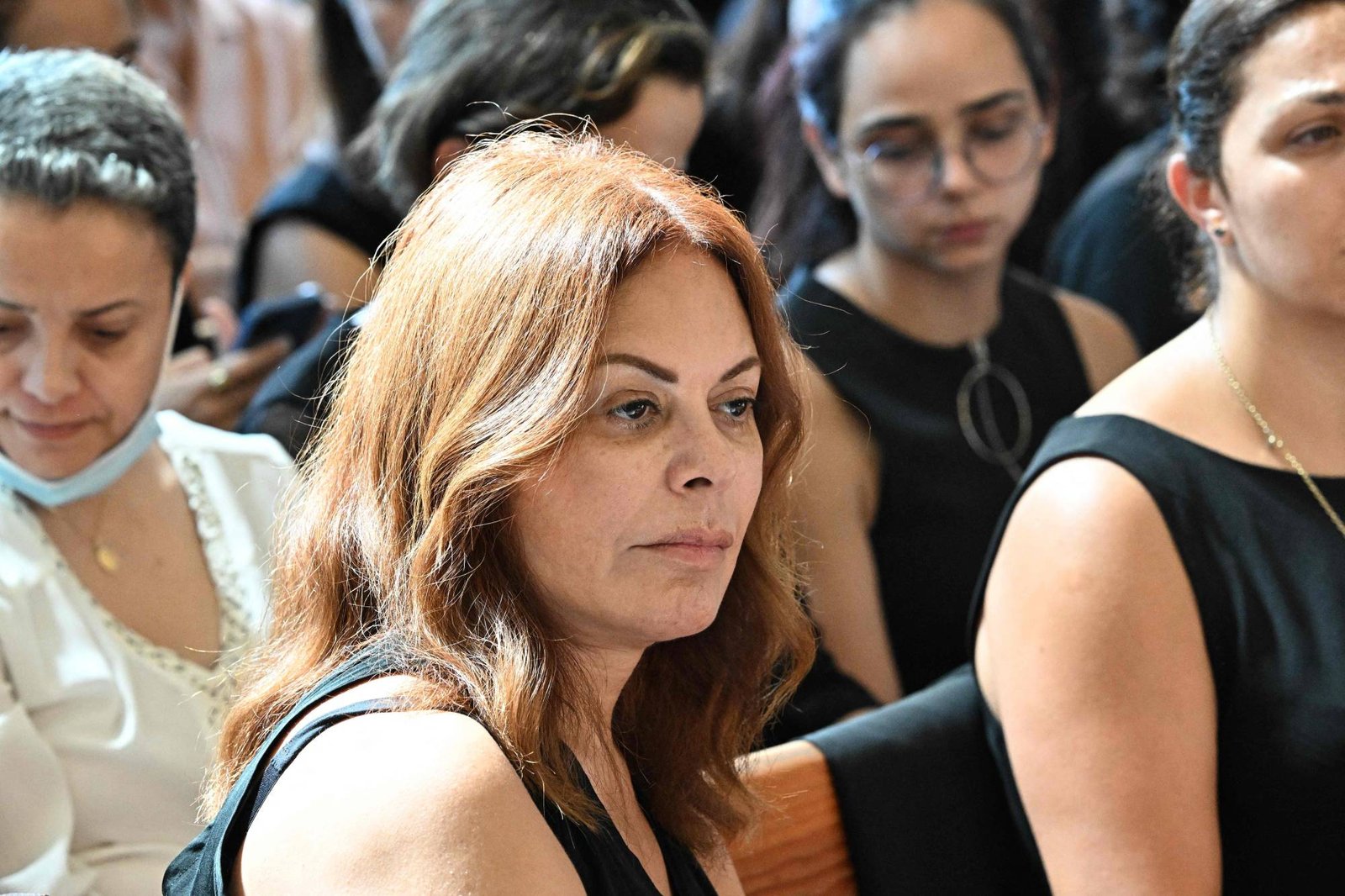
The “Baalbek International Festivals” committee issued a statement in which it considered that Ziyad “was raised in a house that resembles a small homeland of art, but Ziad was never an extension of the Rahbani school, but rather a distinction from it to make his own language: a mixture of music, politics, ridicule, and pain.”
Among the most important things that the statement mentioned is that Ziyad witnessed a small participation of his mother and Al -Rabana in the festivals of Baalbek, and composed for her the first song that she sang there while he was seventeen.
From then, “a unique human and artistic partnership began between a mother and her son, between a voice and a composer, a partnership that carved the features of the modern Lebanese song. In the eighties and nineties, Fayrouz was created by the words and melodies of Ziyad: (How are you), (Oudak Rann), and (E in Amal), works that formed a technical coup and a free voice that exceeded the familiar, and was embodied by two generations and two.
With the loss of Ziad, Fayrouz, the steadfast, be patient, has lost 3 members of her family: her husband Assi, her daughter Layal, and finally Ziad who was not only a son, but was the exceptional artistic alternative that is unparalleled after Asi’s absence. He not only completed the sentence of Asi, but also invented a new path for her, and made her more young, restored her boyhood, fun and circumstance in songs that beats with joy, vitality and joke.
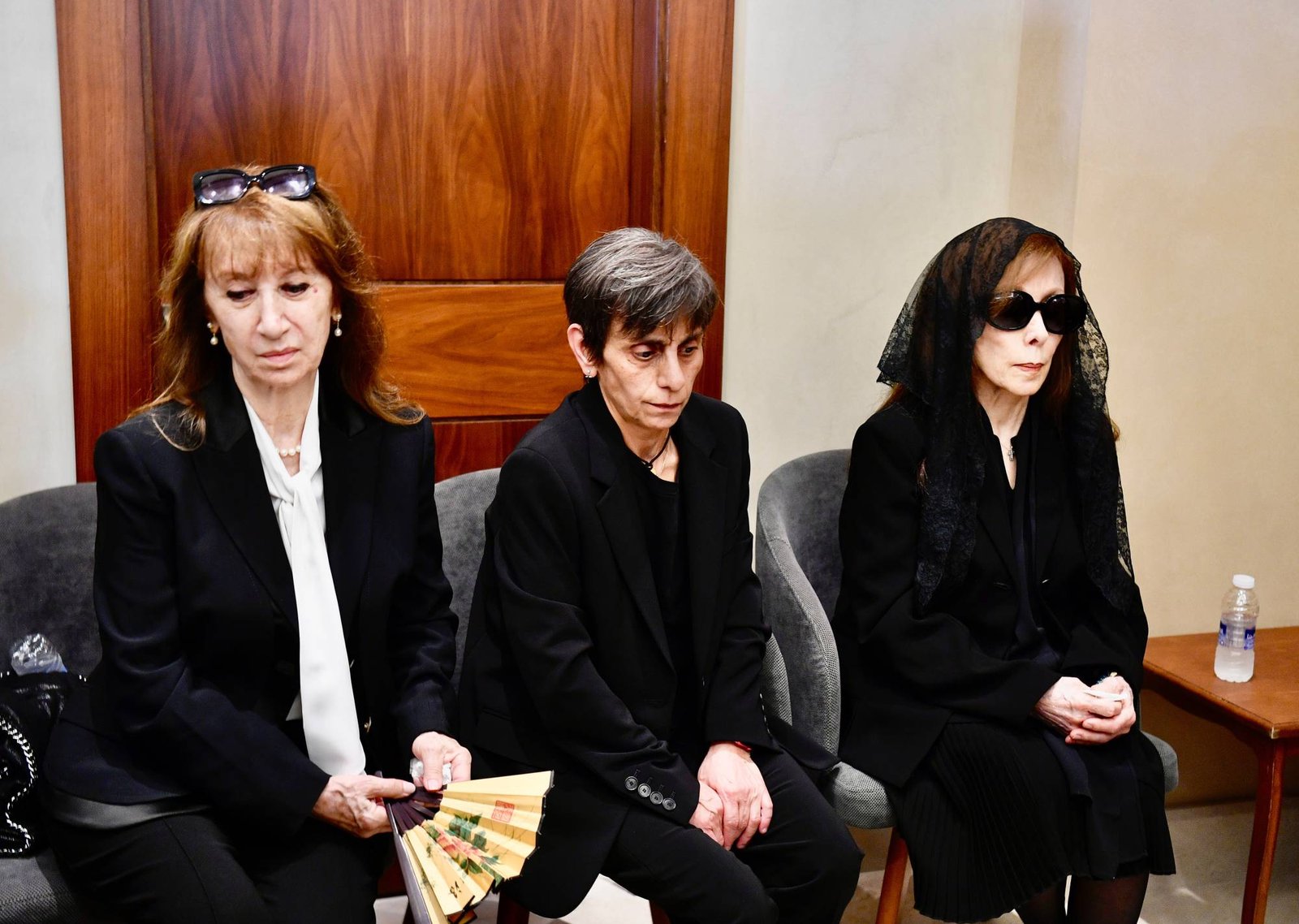
Lebanon is all sad, and is afraid of this painful loss, which is difficult to compensate. Some were angry because an official mourning was not declared, and the flags were not seized, and because Ziad and the Rahbani heritage, who raised the name of Lebanon, deserves real interest from the state. But the Minister of Culture, Ghassan Salama, who cut his vacation and returned from Paris sitting in the captain’s cabin because he did not find a vacant seat, and insisted on attending the funeral in any way, he said: “No one will increase me in love with Ziad.”
Salama explained that an official mourning was not previously announced for the departure of any Lebanese artist, and therefore an exceptional initiative was not taken this time. Ziad was treated as all the adults who left. But the theatrical actress Hanan Al -Hajj Ali wrote, denouncing that the officials monopolized the official mourning, without artists and creators, noting that Ziad, in any case, did not like this class, nor its sectarianism.
A friend of Ziyad, the artist Khaled Al -Habr, pointed out that he left us after his departure as a great asset: “The important thing is now what we will do with this legacy. I do not think that an artist left behind art with this richness. ” When the Minister of Culture was asked about the ministry’s measures, he said that the technical legacy of Ziyad is the property of the family, and she decides what to do with it. “We got a donation of one million dollars, to digitize the Lebanese legacy, and it will be a good thing to start working with what Ziad left, to preserve and maintain it.”

